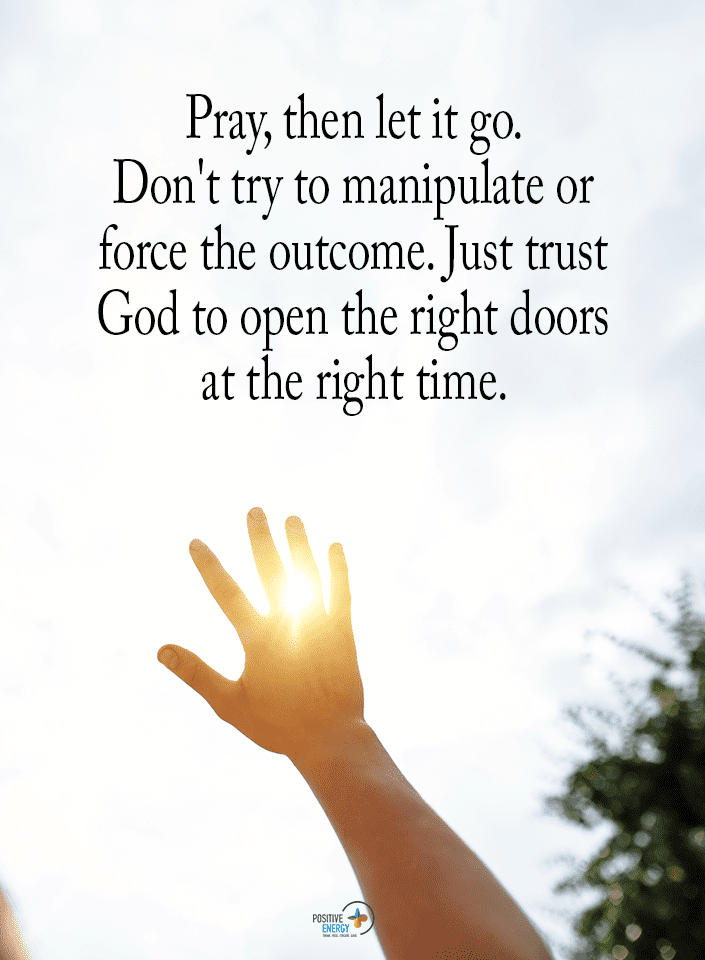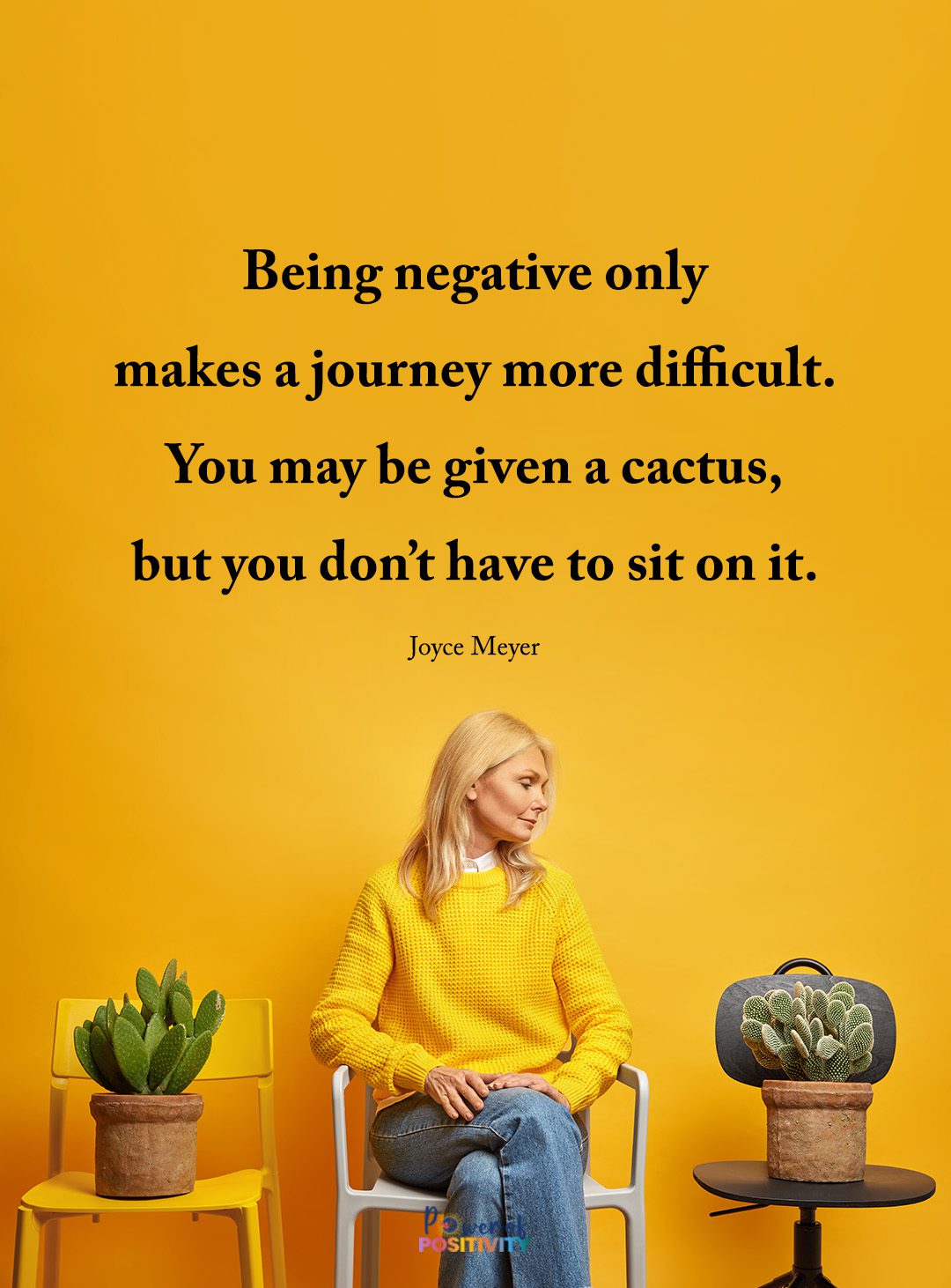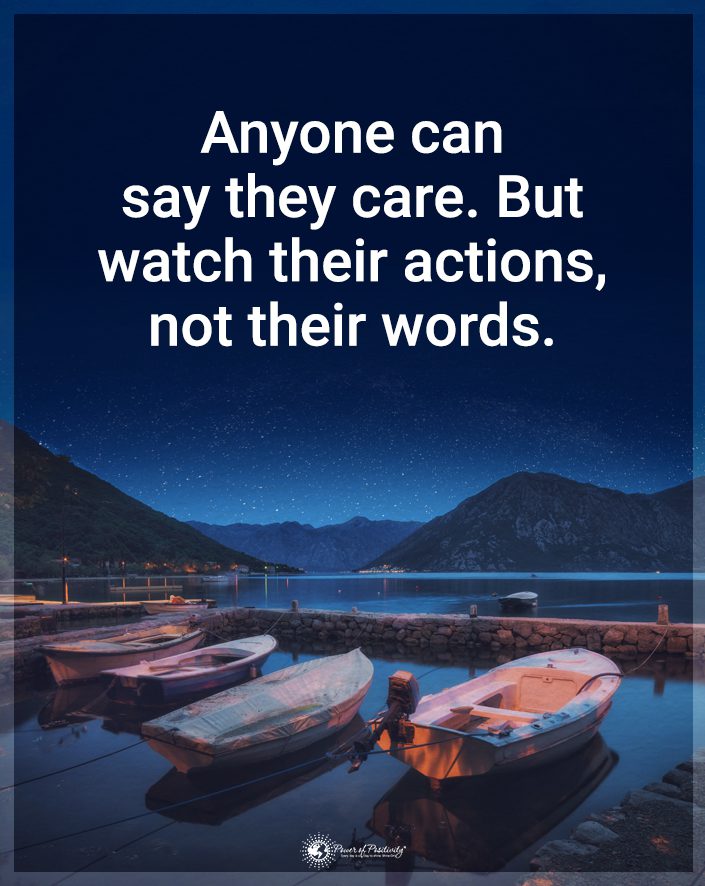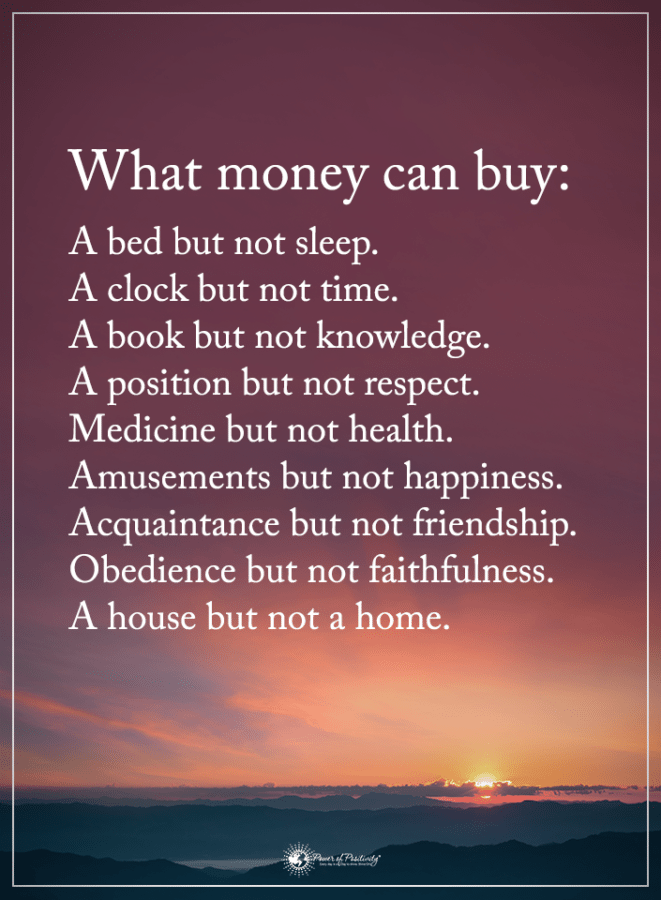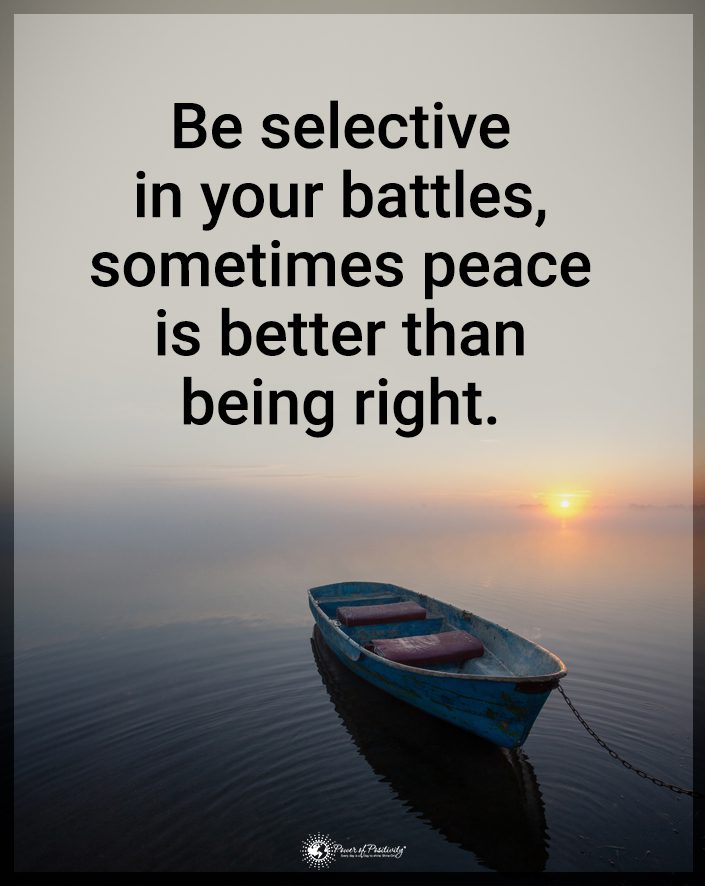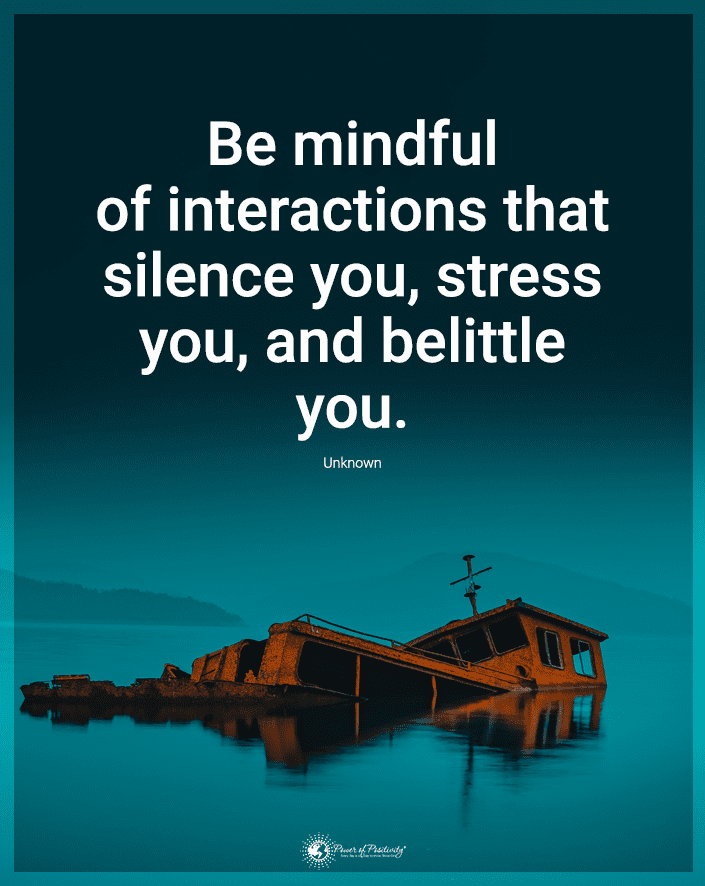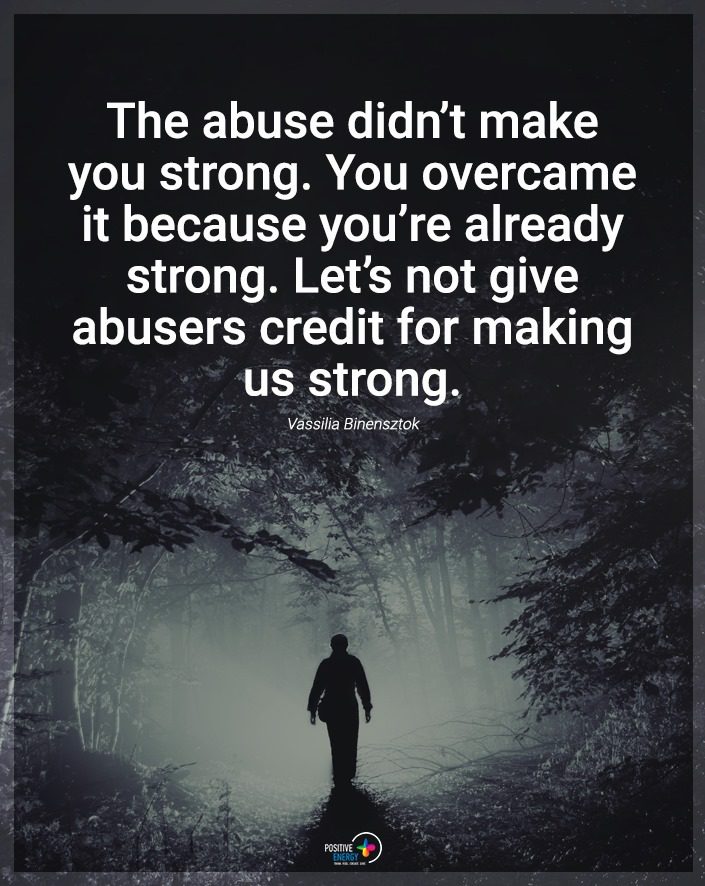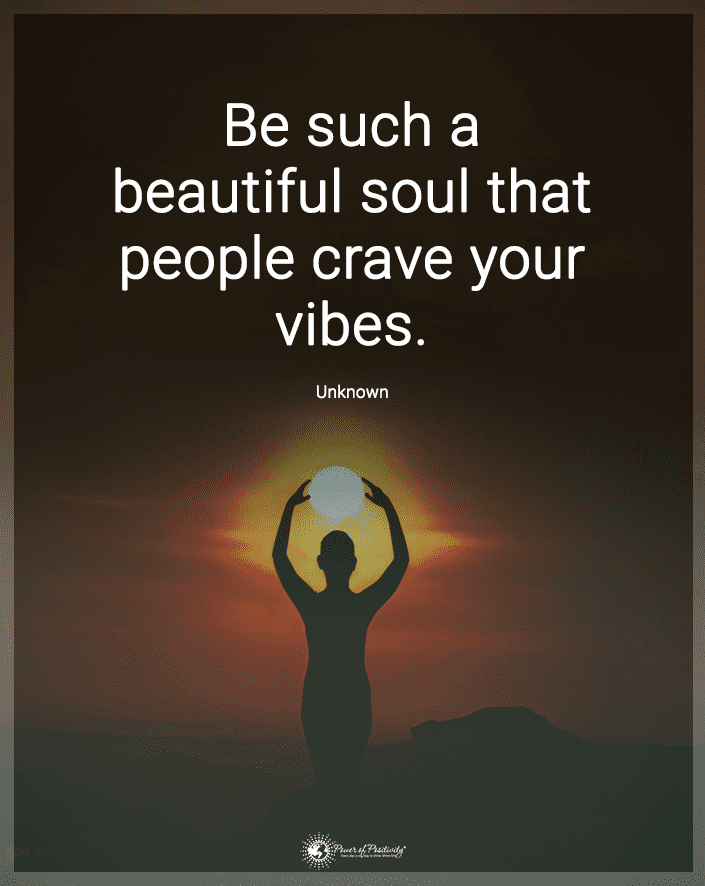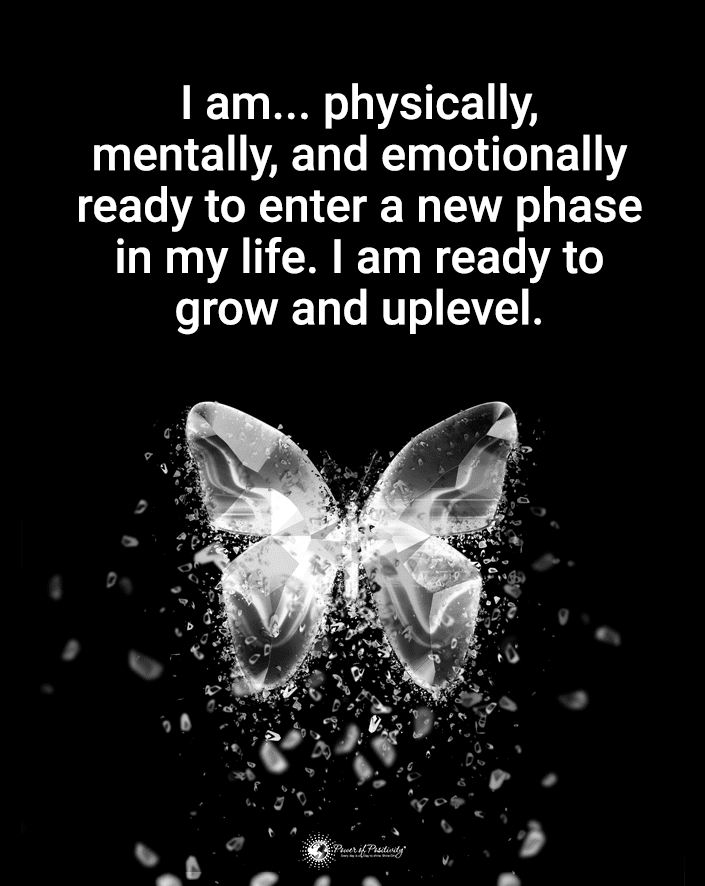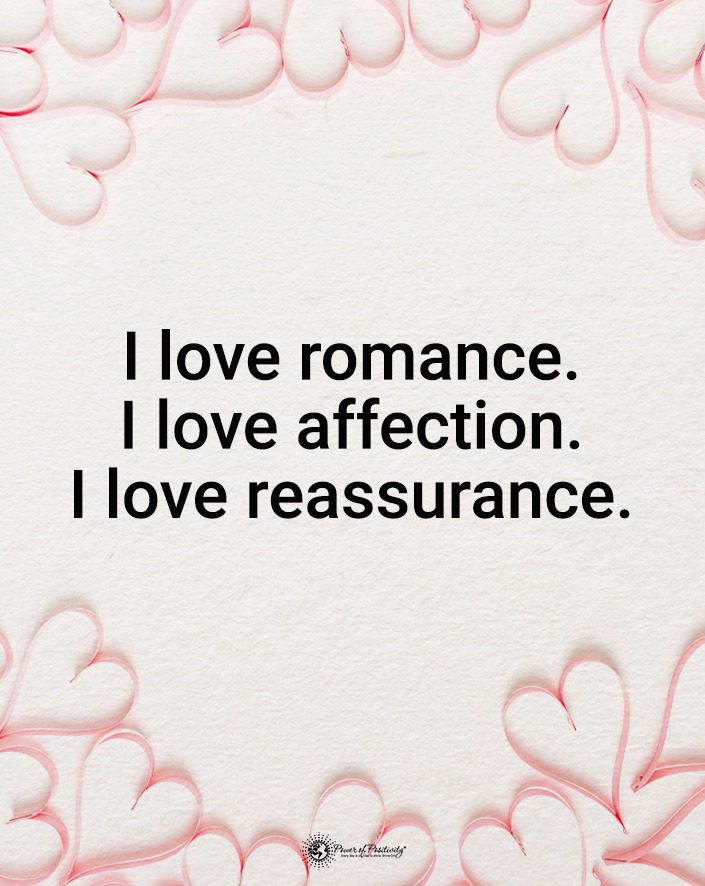Here’s how you can stack the deck against your partner starting to cheat.
Relationships are one of the life’s most beautiful yet admittedly complex gifts. They’re the source of immense joy and wonderful companionship. But at times, they bring inevitable challenges. Central to every strong, resilient relationship is a foundation of trust and commitment. These qualities act like the glue holding partners together through thick and thin so that neither partner will cheat.
However, even the strongest relationships can face trials. Misunderstandings. Busy schedules. The stresses of daily life.
Each can create distance, misunderstanding, and, in worst-case scenarios, lead to infidelity. But fear not! By adopting proactive strategies to nourish and strengthen your bond, you can cultivate a relationship that withstands the tests of time. It may also grow more vibrant with each passing day.
But how common is cheating? It happens more often than you might know. A two-decade study published by the University of Utah shows that 20 to 25% of married men cheat, while 10 to 15% of married women do.
So, how do you build a cheater-proof relationship? It’s not just about avoiding pitfalls. Instead, it is all about creating a partnership so enriching and fulfilling that straying becomes unthinkable.
20 Ways You Can Cheater-Proof Your Relationship
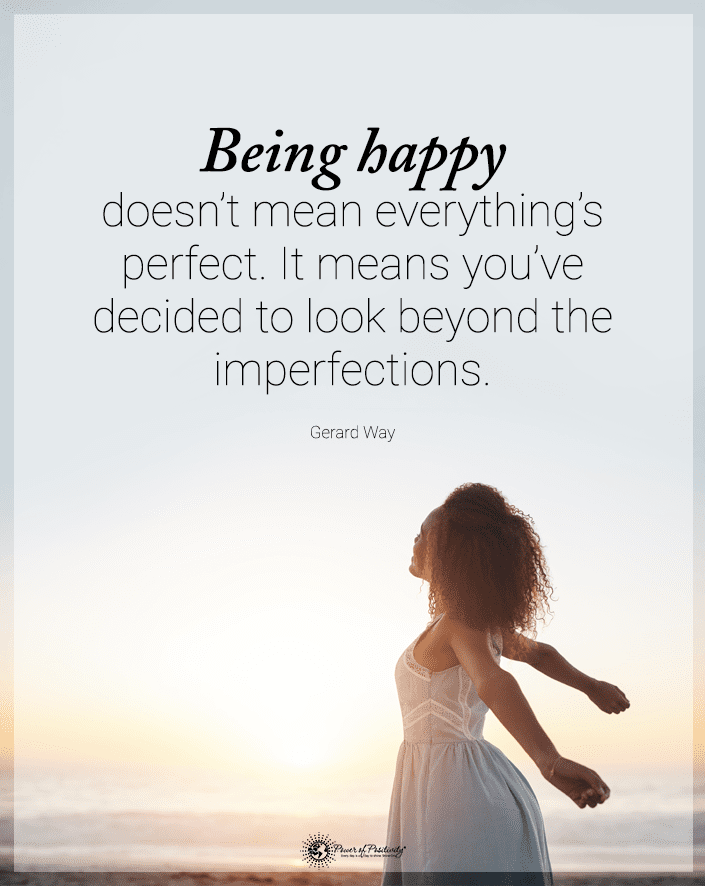
In the following sections, we’ll explore twenty key ways to fortify your relationship, each a stepping stone toward a deeper, more meaningful connection with your partner.
1 – Communication is Key in a Cheater-Proof Relationship
Imagine your relationship as a bridge connecting two islands. The strength of this bridge? Communication. It’s the bedrock upon which trust is built and maintained. Open, honest communication involves sharing your thoughts and feelings. However, you must reveal concerns with your partner clearly and respectfully. It’s about listening – listening – to understand, not just to reply. Communicating well creates a safe space where both can express themselves without fear of judgment. This openness fosters trust, a crucial element in any strong relationship.
2 – Quality Time Together Can Stop Cheating
Spending quality time together can be rare today. Still, it’s essential for keeping the connection strong. Quality time is not just about being together; it’s about being together meaningfully. It could be a simple walk in the park, a quiet dinner at home, or engaging in a shared hobby. These moments allow you to reconnect and catch up on each other’s lives. It’s also the time to create new memories. Remember, it’s not about the quantity of time spent together but the quality of those precious moments.
3 – Respect Each Other’s Boundaries
Healthy relationships require a balance between togetherness and individuality. Respecting each other’s boundaries means understanding and honoring your partner’s needs for personal space and time alone. This respect fosters independence, trust, and mutual respect. Encourage your partner to pursue other interests and hobbies, and take time for your personal growth. It prevents feelings of suffocation in the relationship and keeps it fresh and interesting.
4 – Cultivate Mutual Interests to Cheater-Proof a Relationship
While respecting individuality is key, cultivating shared interests can significantly strengthen your bond. Engaging in activities you enjoy brings joy and fun into the relationship and provides a common ground for connection. Whether it’s cooking, hiking, attending concerts, or gardening, these shared experiences create a sense of partnership and teamwork, deepening your bond.
5 – Keep the Romance Sparks Alive
Finally, keeping the spark alive in your relationship is crucial. Romance isn’t just for the early days of dating; it should be a consistent part of your relationship. Small gestures like leaving love notes, surprising your partner with their favorite meal, or simply holding hands can keep the romance thriving. These acts of love and thoughtfulness remind your partner that they are cherished and valued, fostering a deeper emotional connection.
Each strategy offers a unique way to strengthen your relationship, making it cheater-proof and more joyful and fulfilling. As you read on, remember that the journey of strengthening your bond is ongoing and always worth the effort.
6 – Understanding and Empathy Can Help Cheater-Proof Your Relationship
Empathy is the heart and soul of a strong relationship. It’s about more than just hearing your partner; it’s about truly understanding their feelings and perspectives. This deep level of understanding fosters a profound emotional connection. When you empathize with your partner, you say, “I see you, I hear you, and I am here for you.”
That doesn’t mean you always have to agree. Still, acknowledging and validating your partner’s feelings builds a bridge of trust and respect. Remember that empathy is like a muscle. The more you exercise it, the stronger it becomes. As a result, you will increase the health and happiness of your relationship.
7 – Trust and Honesty Can Help You Avoid Cheating
Trust is the foundation upon which a lasting relationship is built, and honesty is the cornerstone. A relationship without trust is like a car without fuel; you can get in it, but it won’t go very far. Honesty means being truthful not only about the big things but also about the small things. It’s about being reliable, doing what you say you will, and being a haven for secrets and vulnerabilities. When trust is nurtured and protected, it creates a place for both partners to grow and thrive.
8 – Support Each Other’s Goals
In a healthy relationship, each partner is an individual with dreams and aspirations. Supporting each other’s goals is a powerful way to show love and commitment. This support can take many forms: encouragement during challenging times, celebrating successes, or participating in their journey. When you invest in your partner’s goals, you show that you value them as individuals, which can significantly strengthen your bond. Remember, when your partner succeeds, the relationship does too.
9 – Deal with Conflicts Constructively
Conflict is inevitable in any relationship. However, the key lies in handling it wisely. Healthy conflict resolution involves open communication, mutual respect, and a willingness to understand each other’s point of view. Start by actively listening to your partner – no interrupting. Then, express your perspective calmly and respectfully. Look for solutions that meet both partners’ needs rather than just “winning” the argument. Remember, the goal of conflict resolution is not to emerge victorious but to resolve the issue in a way that strengthens the relationship.
10 – Maintain Individuality
While a relationship involves two people sharing a life, it’s vital to maintain your identity. Remember, you were an individual before you entered the relationship, and you should continue to be one within it. Pursue your interests, hobbies, and friendships. This prevents dependency and resentment and brings new energy and experiences into the relationship. A healthy partnership comprises two whole individuals complementing each other, not completing each other.
11 – Show Appreciation Regularly
It’s easy to overlook the power of appreciation. Regularly showing gratitude towards your partner is like watering a plant; it’s essential for growth and bloom. Simple gestures of appreciation, like thanking them for everyday tasks or acknowledging their strengths, can have a profound impact. It makes your partner feel valued and seen, reinforcing your bond. Remember, appreciation is a two-way street; the more you give, the more you receive, creating a positive cycle of love and gratitude in your relationship.
12 – Prioritize Your Partner’s Needs
Balancing your needs with your partner’s is a delicate art. It’s about finding a middle ground where both partners feel their needs are being heard and met. That doesn’t mean sacrificing your own needs for the sake of your partner; rather, it’s about understanding and respecting each other’s needs and working together to fulfill them. This balance is key to a healthy, harmonious relationship. When both partners feel their needs are important, it creates a sense of mutual respect and care.
13 – Stay Connected Through Technology
Technology offers unique ways to stay connected with your partner, even apart. Simple texts to check in during the day, video calls to share moments, or playing online games together can keep the sense of closeness alive. Use technology to send love notes, share photos, or even watch a movie together online. However, it’s important to maintain a balance – technology should enhance your connection, not replace face-to-face interaction.
14 – Keep Intimacy Strong to Stay Cheater-Proof
Intimacy is a crucial element of any romantic relationship, encompassing physical and emotional aspects. Physical intimacy, which ranges from holding hands to intimate time, creates a unique bond integral to a romantic relationship.
Equally important is emotional intimacy – sharing thoughts, feelings, and vulnerabilities. Maintaining intimacy requires effort and communication from both partners. It’s about continuing to date, being attentive to each other’s needs, and keeping the flame of desire alive.
15 – Encourage Growth and Change for Both Partners
Change is a constant in life, which also applies to individuals in a relationship. Embracing and supporting each other’s growth and changes is crucial. Encourage your partner in their pursuits and be their cheerleader in times of change. This support strengthens your bond and brings new energy and perspectives into the relationship. Remember, growing together doesn’t mean losing your individuality; it means evolving in ways that complement each other.
16 – Share Financial Responsibilities to Stop Someone from Cheating
Financial matters can be an enormous source of tension in relationships. Transparency and cooperation in financial responsibilities are key to avoiding such stress. It involves open discussions about income, expenses, savings, and budgeting. It’s not just about splitting bills; it’s about working together towards common financial goals and supporting each other during financial difficulties. Financial partnership fosters trust and security, forming a critical pillar in a healthy, long-term relationship.
17 – Regular Relationship Check-ins
Just like a regular health check-up, your relationship benefits from periodic check-ins. These are designated times to discuss how things are going in your relationship. It’s a chance to express what you appreciate about each other, address any concerns, and discuss how to improve and grow together. These check-ins help prevent small issues from becoming major problems and ensure both partners feel heard and valued. Think of them as a proactive way to nurture and strengthen your bond.
18 – Seek Professional Help When Needed
Sometimes, despite your best efforts, you might encounter challenges in your relationship that are difficult to handle alone. It is where professional help, such as couples counseling or therapy, can be invaluable. A qualified therapist can provide guidance, teach effective communication strategies, and help you and your partner understand each other better. Seeking help is not a sign of weakness but a step towards a healthier, stronger relationship.
19 – Avoid Complacency to Cheater-Proof Your Relationship
Complacency can be a silent relationship killer. It often sneaks in when things seem to be going well, leading partners to take each other for granted. Continuously strive to appreciate, communicate, and show love and respect to your partner. Keep investing in your relationship, keep it exciting, and never stop trying to make your partner feel loved and valued. A relationship is a journey, not a destination, requiring ongoing effort and nurturing.
20 – Build a Shared Vision for the Future
One of the most powerful things couples can do is to build a shared vision for the future. This means setting common goals and dreams, whether it’s about travel, starting a family, career objectives, or personal growth. Working towards these goals brings you closer and gives your relationship a sense of purpose and direction. It’s about building a life together that both of you are excited about and committed to.
Final Thoughts on Working Toward a Cheater-Proof Relationship
In trying to create a cheater-proof relationship, each step is a building block toward a stronger, more resilient partnership. Every aspect is crucial, from open communication and appreciation to dealing with conflicts constructively and setting common goals. Remember, these are not one-time actions but ongoing practices that need to be woven into the fabric of your relationship.
Implementing these strategies requires effort, commitment, and patience. Yet, the rewards are immeasurable – a relationship that’s not only resistant to external threats but also rich in love, trust, and mutual respect. As you work together to build this beautiful partnership, remember that the strongest relationships are those built on a solid foundation of trust and continuous effort. Here’s to building a relationship that’s not just enduring but thriving, a testament to the strength and resilience of true love and partnership.




